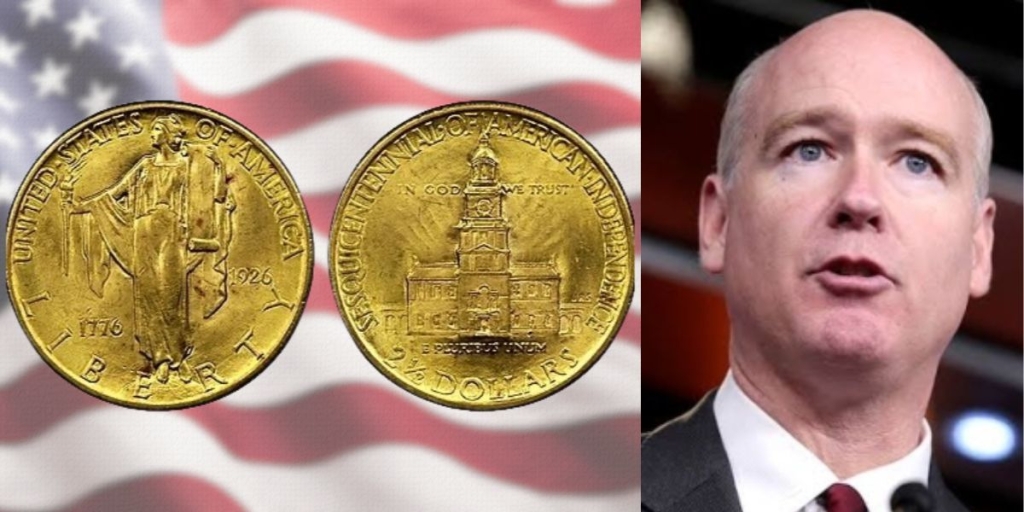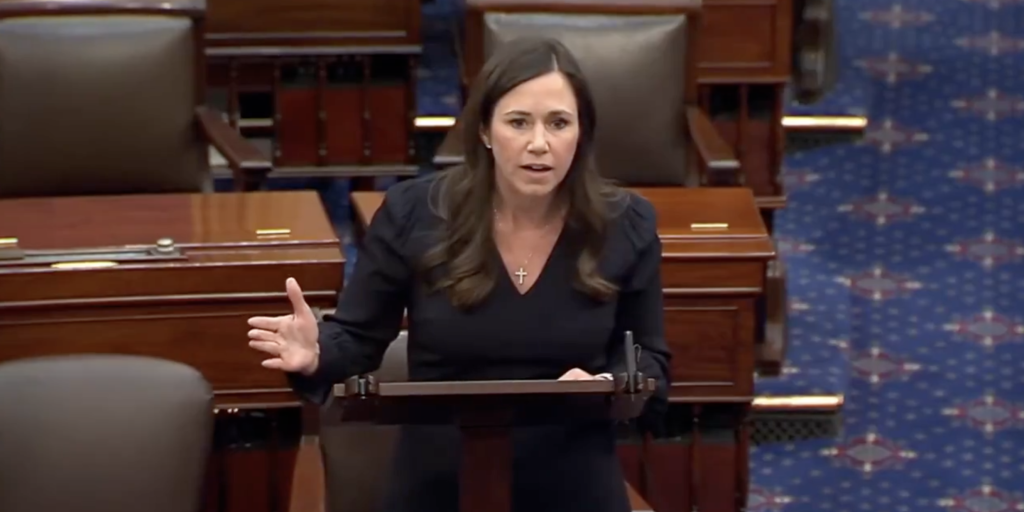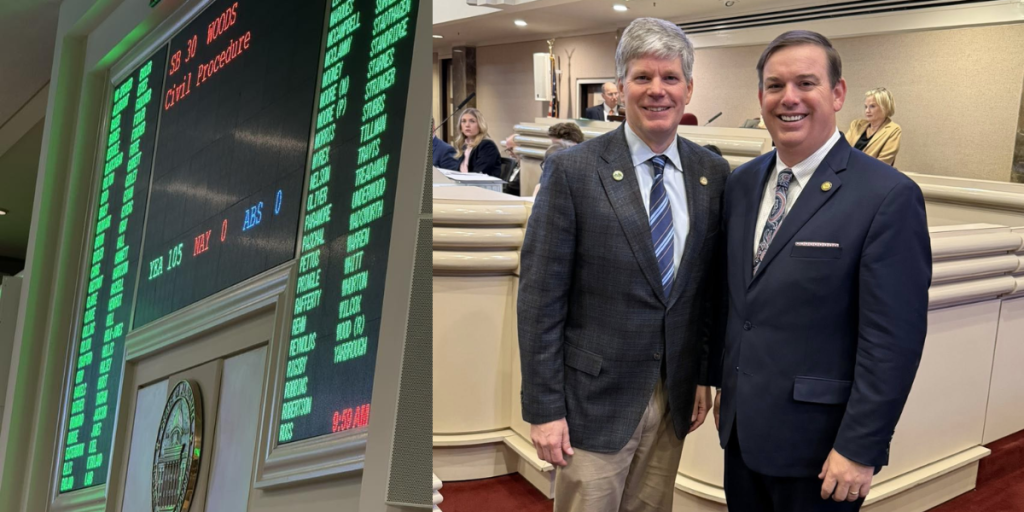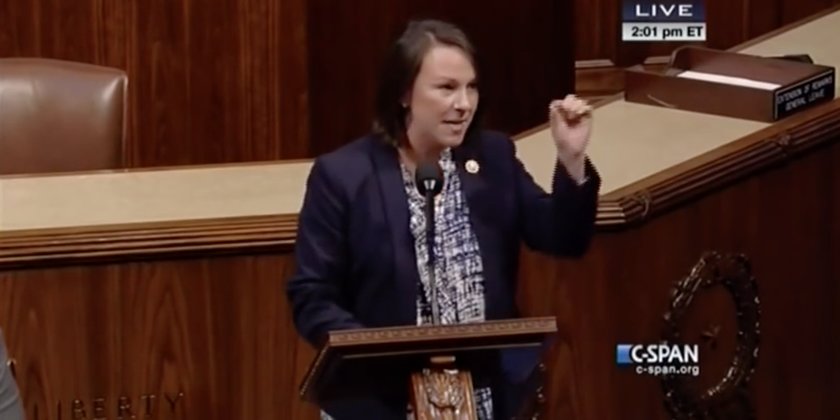
BIRMINGHAM, Ala. — Alabama has some of the toughest pseudoephedrine (PSE), known by brand name “Sudafed,” laws in the country aimed at cutting down on the ability of criminals manufacturing methamphetamine to get their hands on the vital component. A new study comparing the outcomes of states that require a prescription to obtain cold medicines containing PSE with those who don’t made a surprising discovery that could have significant policy implications.
According to the report from American Enterprise Institute research fellow and former House Ways and Means Committee chief economist and policy director Alex Brill, the states which have made obtaining a prescription a requirement for Sudafed and other PSE-containing cold medications has made healthcare costs increase, while doing little to stymie the supply of meth.
Thus far in the United States only two states have adopted prescription access only laws—Oregon and Mississippi—though similar laws have been introduced 110 times in 27 other states, including Alabama.
But should this type of law be expanded across the country, the report argues, significant burdens would be incurred by American consumers.
“Each year in the United States, 18 million families buy PSE-based products to combat colds and allergies,” the report explains. “These medicines are approved by the U.S. Food and Drug Administration for purchase and use without a doctor’s intervention. Prescription-only laws would make it more difficult for these people to access the medicines they need. In addition to significantly reducing legitimate utilization of PSE medicines, these laws place a substantial economic burden on individuals, federal and state governments, and private payers. The new doctor visits that a national prescription-only law would require would alone generate enormous costs. In the first year, these costs would total nearly $130 million…”
Currently, 90 percent of the methamphetamine in the country flows across our southern border, meaning stricter control of domestic PSEs can only affect around 10 percent of the drug’s presence.
Brill explains in his report that there are much more effective steps state and federal government entities can take to put the kibosh on meth, while still allowing sufferers of colds and allergies to buy medicine without necessarily going to the doctor first.
“To address foreign meth supply, state leaders should support federal efforts to increase drug interdiction at the U.S.-Mexico border through legislation like the Stop Drugs at the Border Act of 2015,” is the first recommendation.
Secondly, the study advises addressing demand for the drug through behavioral intervention and increased educational initiatives.
“Economics tells us—and experience has shown—that as long as demand remains high, supply will rise to meet it. Therefore, it is vital to pair efforts to reduce meth production and importation with a serious education campaign, particularly before abuse starts.”
Alabama rejected an effort to make PSEs prescription-only in 2010, opting instead to take advantage of an existing database system called the National Precursor Log Exchange, or NPLEx, which requires a scan of your photo ID. If an Alabamian buys more than the legally-allowed amount in a given 30 day period law enforcement is alerted.
And there is strong evidence that those measures have worked.
According to the Alabama Drug Abuse Task Force, meth lab seizures in Alabama dropped from 720 in 2010, to 154 in 2013, and the system blocked 26,354 attempted PSE purchases in the first quarter of 2010 alone.
The entire report can be read online here.
Like this article? Hate it? Follow me and let me know how you feel on Twitter!
— Elizabeth BeShears (@LizEBeesh) January 21, 2015












